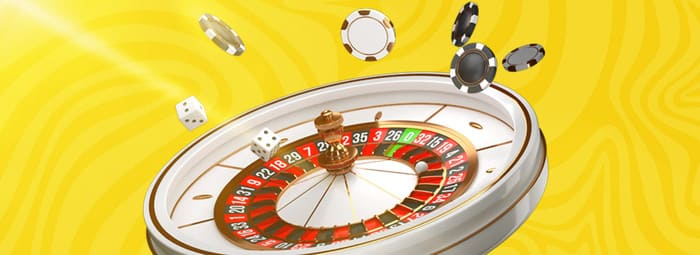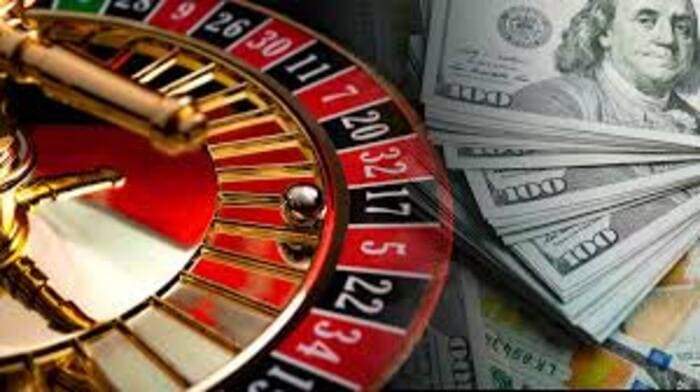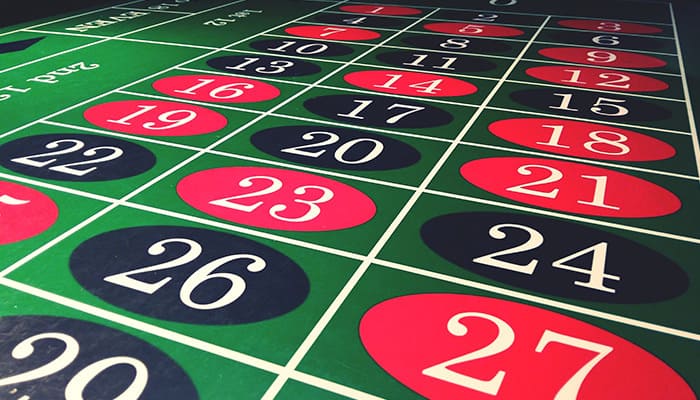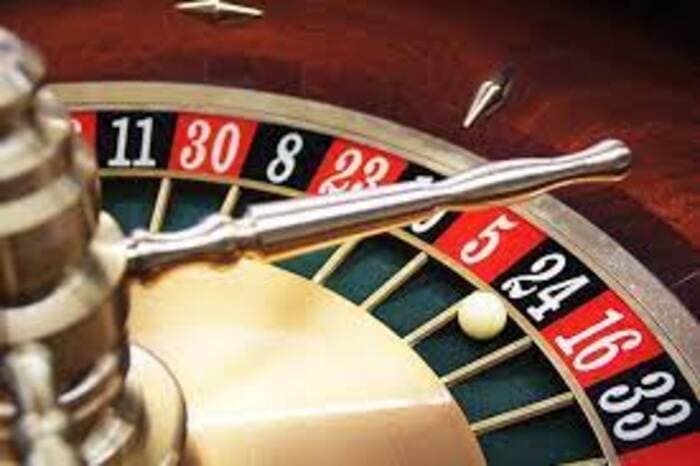Roulette is a game of chance. There are a number of different bets that you can make, but it’s impossible to predict where the ball will land after a spin. Many people have tried to use mathematics, physics and even Roulette number prediction software to beat the game, but there is no such thing as a guaranteed way to win.
There are a few ways to improve your chances of winning at roulette, including using a playing strategy. However, it is important to remember that a winning streak in roulette does not necessarily mean that the next spin will be red. In fact, the odds of a specific colour will still be equal to any other, no matter how long the streak has been going on for.
In order to increase your chances of winning, you can place bets on a specific number or group of numbers, such as red or black. You can also bet on odd or even numbers. Despite this, there is no one-size-fits-all betting strategy when it comes to roulette, as each player’s needs and goals will vary.
The odds of hitting a specific number in a given session depend on how often that particular number has come up before, and on the relative frequencies of the other numbers. This means that if a certain number hasn’t appeared in a while, it’s unlikely that it will appear in the near future. However, if that number has already been hit before, it’s likely to show up again soon.
Using mathematical equations to predict the outcome of a roulette spin is not possible, as there are no reliable patterns in the data that casinos collect. It is, therefore, no surprise that this type of bet has been banned at many online and land-based casino venues.
Roulette mathematicians have attempted to develop computer programs that can predict where the ball will land, but these are largely unreliable and often considered cheating by casino operators. Even if such a device were to work, it would only be valid if the wheel was rigged.
Some scientists have used a combination of physics, maths and Claude Shannon’s information theory to create devices that can predict the octant in which the ball will fall. However, this method requires almost supernatural calculation abilities and expensive equipment, so it is not suitable for anyone but the most dedicated of players.
A roulette computer works by measuring the speed of the ball over its last few rotations around the wheel. It then analyses the angle of descent to predict which pocket it will most likely reach. Unlike the visual tracking predictions and dealer signature methods, this technique does not depend on the speed of the spin, as all balls tend to slow down at the end of their trip due to friction. As a result, the predictions are more accurate towards the end of the track than at the beginning. This is why it is a popular method amongst professional gamblers.



